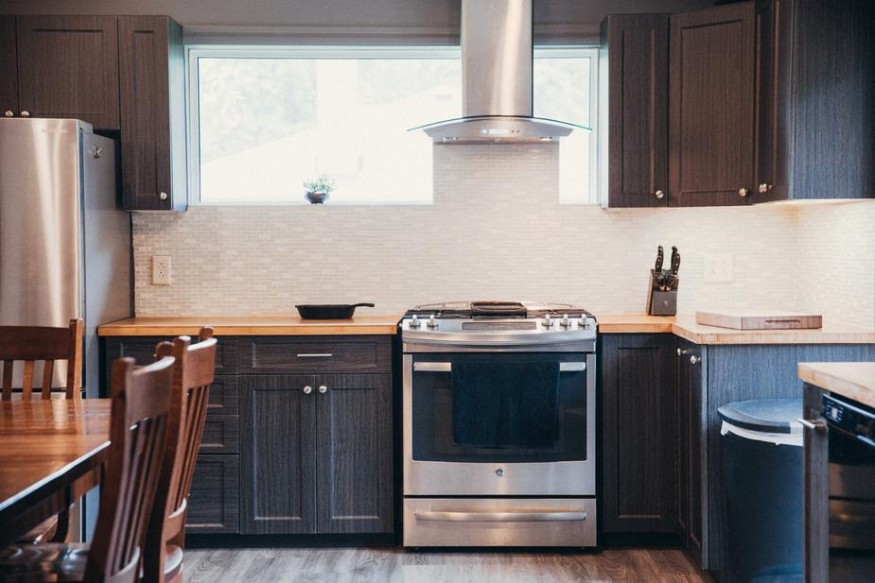
Although clean energy technologies like wind turbines and solar panels are getting popular nowadays, its contribution is still not that significant. Around 64 percent of the total energy produced in the United States still came from fossil fuels and coal. And this contributed about 76 percent of carbon emissions yearly.
Whether it is for helping the environment or because you simply want to save money, conserving energy is important. Below are what you can do.
1. Use appliances responsively
This is undoubtedly the simplest way to conserve energy. No one is using television? Turn it off. Do you need to go to the toilet in the middle of the night? Use your phone's flashlight, instead of turning the lights on. Remember to unplug your phone's charger after using it.
Setting your heater or cooler in high settings will consume a lot of energy compared to when you gradually increase it. Practice that habit. Also, clean the filter at least every three months. A dirty filter slows down airflow, making the system work harder and consume more electricity.
Small tasks like these still contribute a lot if you calculated it on a monthly basis.
2. Do household tasks manually
Wash the dishes manually. Use the washing machine less frequently by washing only when it is a full load. Squeeze clothes and hang dry it, instead of using the dryer, if you did not wash a lot. Buy indoor broom and dustpan, so you will not have to use a vacuum cleaner to sweep the floor. After all, most of these appliances are energy-intensive.
Besides, household tasks are also considered as physical activities. You know that our body needs it, right?
3. Replace your appliances
Energy-saving appliances might be a bit pricey, but if you consider the amount you will save from your bill, it is worth it.
Start first by changing your traditional incandescent light bulb with either Halogen incandescent bulbs, compact fluorescent lights (CFLs), or light-emitting diode bulbs (LEDs). Those three consume from 25 to 80 percent less electricity and can last longer.
A lot of electronics still consume energy even if they are turned off. This is called "phantom loads" and can cost up to $200 per year on each electronics. For that, invest in smart power trips.
You can also invest in-home energy monitor system to know which appliances consume the most energy every day.
4. Upgrade your home's heating system
Invest on a programmable or smart thermostat that can adjust the heating or cooling on its own, especially when you are sleeping or away. This will help you save up to $180 per year.
To reduce your bill further, you can also insulate your home. This is especially important during winter. Rather than increasing the heat, consider sealing air leaks around your home where the cold wind can enter. Common leaks are vents, windows, and doors. Apply weather stripping on those parts. For cracks, seal it with caulk.
Upgrading your window can also improve your home's insulation. For instance, a double-pane window will help you reduce up to 25 percent of your total heating bill since it traps heat better. And it can also block the heat from the outside better during the summer season, so it is a win-win situation.
© 2025 NatureWorldNews.com All rights reserved. Do not reproduce without permission.





